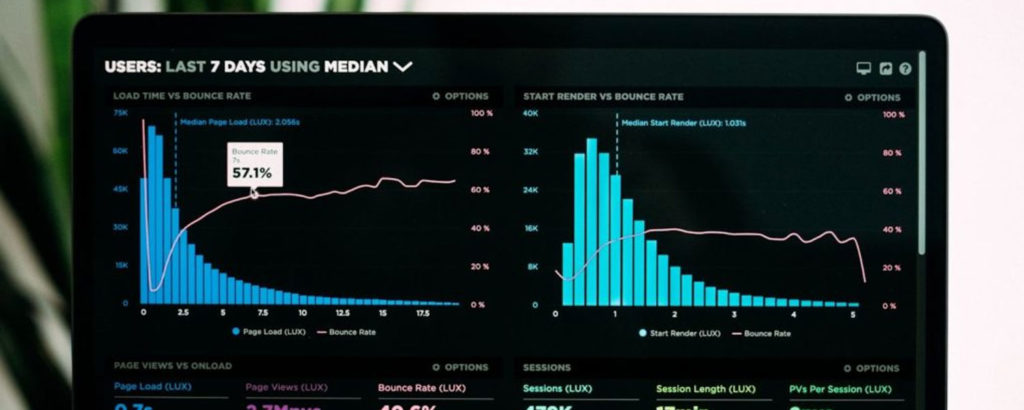One of the tricks of the trade for hackers when scoping out, or “footprinting”, a potential target system is to gain access to list out, or “enumerate”, the SID’s (security identifiers) on the system.
Using freely available tools, an attacker can retrieve the SID of a known user on the domain and use the information to target the Administrator account. The last part of the SID is known as the RID (relative identifier) and is pre-determined for certain accounts such as the Administrator and Guest accounts.
Once the SID for any account or system on the domain is discovered, the attacker could substitute the RID for the Administrator account and use other freely available tools to work backwards and discover what the name of the Administrator user account is.
All of this digging is rather exhausting and amateur or novice hackers may not have the knowledge or patience to successfully enumerate the accounts on your system. But, to protect your computer or network from even the more dedicated attackers, you can disable the ability to enumerate the SID’s. Follow these steps:
- Click Start, Administrative Tools, Local Security Policy (you can also enter secpol.msc at a command prompt or using Start, Run).
- Click on the + next to Local Policies
- Click on Security Options
- On Windows 2000 systems double-click Additional restrictions for anonymous connections in the details pane and select Do not allow enumeration of SAM accounts and shares from the Local policy setting drop-down list.
- On Windows Server 2003 and Windows XP systems select Network access: Allow anonymous SID/Name translation in the details pane and make sure the policy is disabled.
- Click OK and close the console.
You can also apply the policy across a domain instead of on one individual computer by following these steps:
- Open the Active Directory Users and Computers console screen.
- Right-click the domain and select Properties.
- Click the Group Policy tab.
- Click the Default Domain Policy, and select Edit.
- Drill down through the console pane to Computer Configuration, Windows Settings, Security Settings, Local Policies, Security Options.
- On a Windows 2000 domain, double-click Additional restrictions for anonymous connections. Click the Define this policy option. On the drop-down list, select Do not allow enumeration of SAM accounts and shares.
- On a Windows Server 2003 domain, double-click Network access: Allow anonymous SID/Name translation and make sure the policy is disabled.
- Click OK and close the console.
Tony Bradley is a consultant and writer with a focus on network security, antivirus and incident response. He is the About.com Guide for Internet / Network Security (http://netsecurity.about.com), providing a broad range of information security tips, advice, reviews and information. Tony also contributes frequently to other industry publications. For a complete list of his freelance contributions you can visit Essential Computer Security (http://www.tonybradley.com).




A little old, but still very relevant. Thank you!